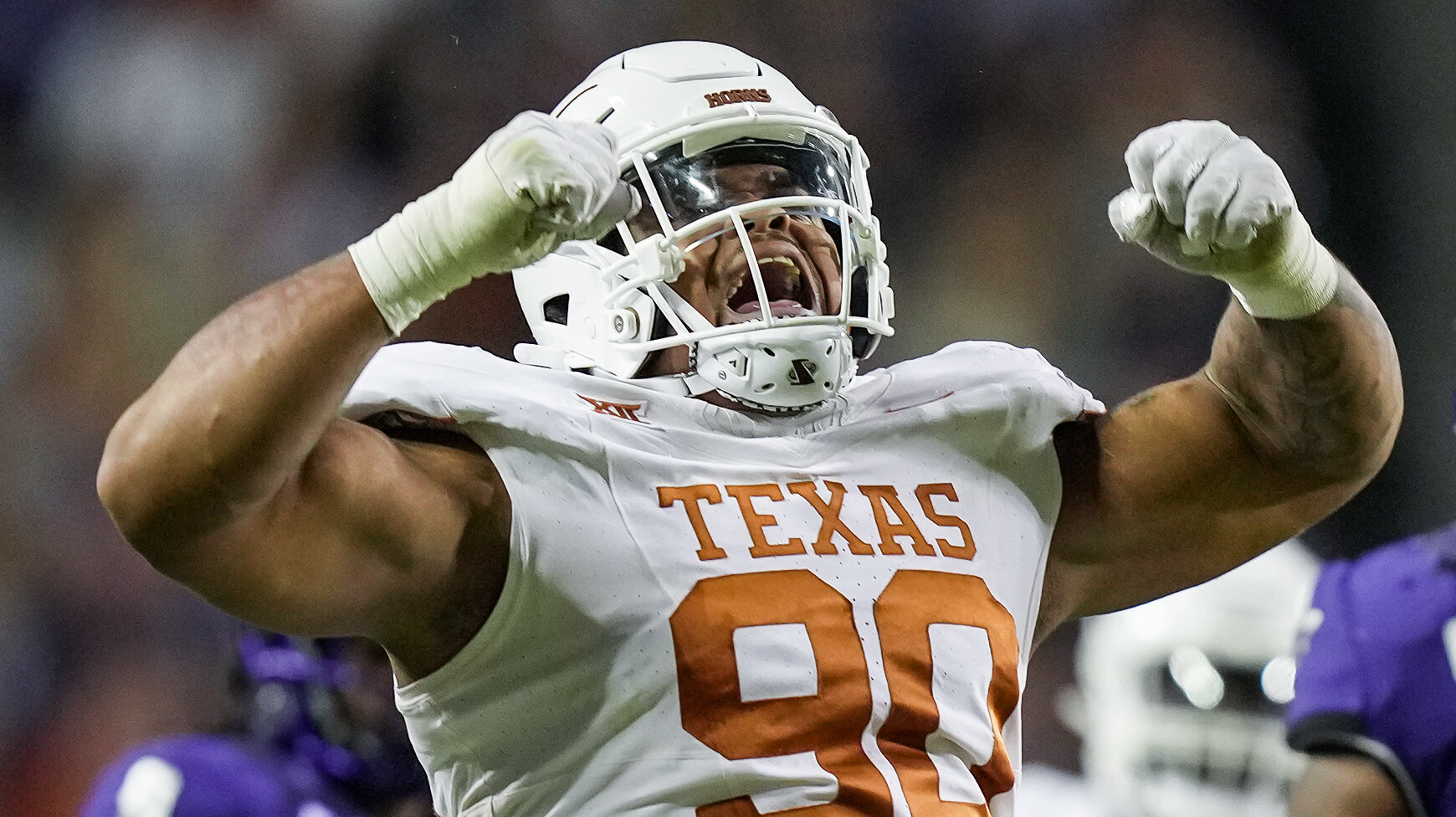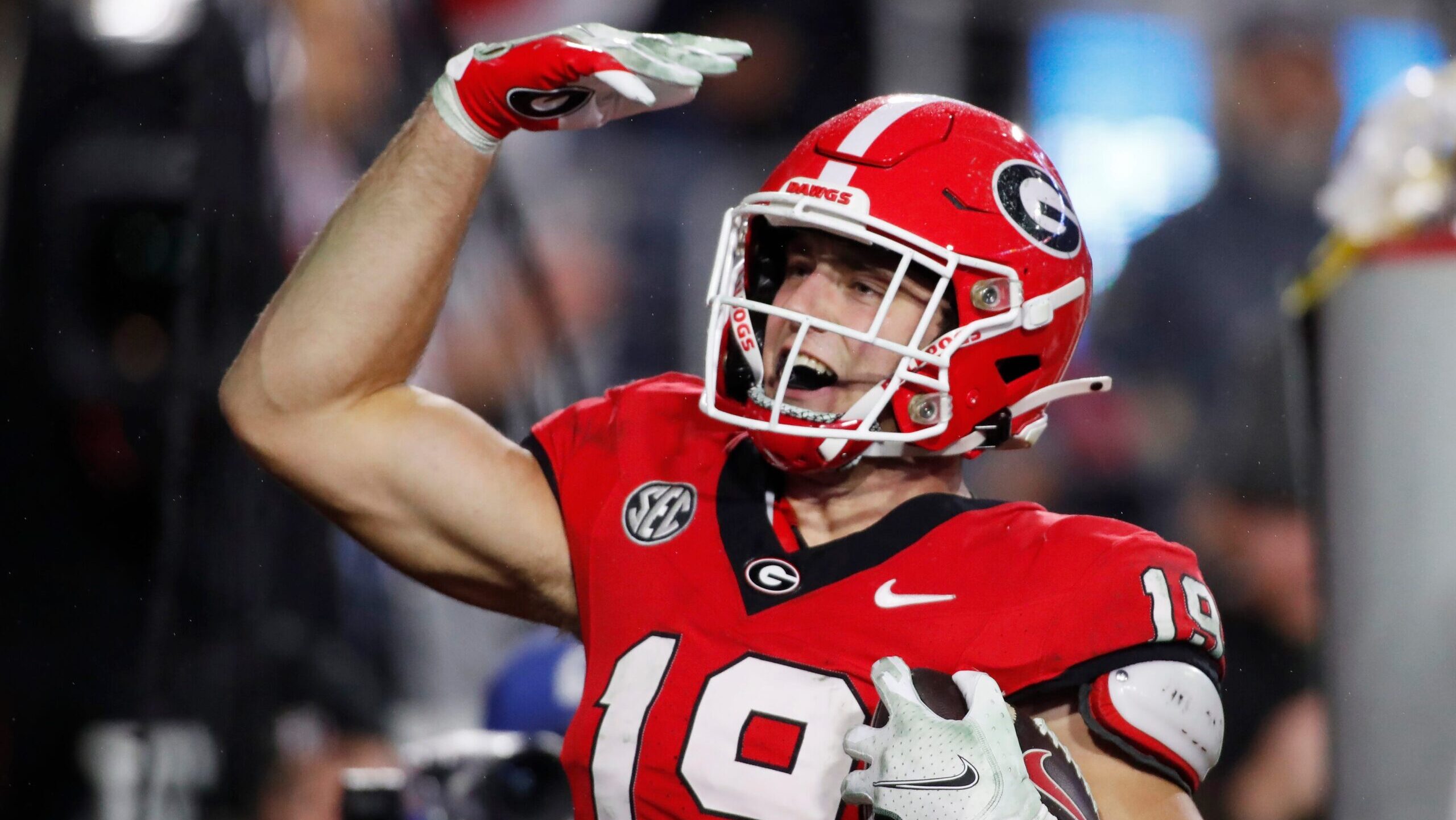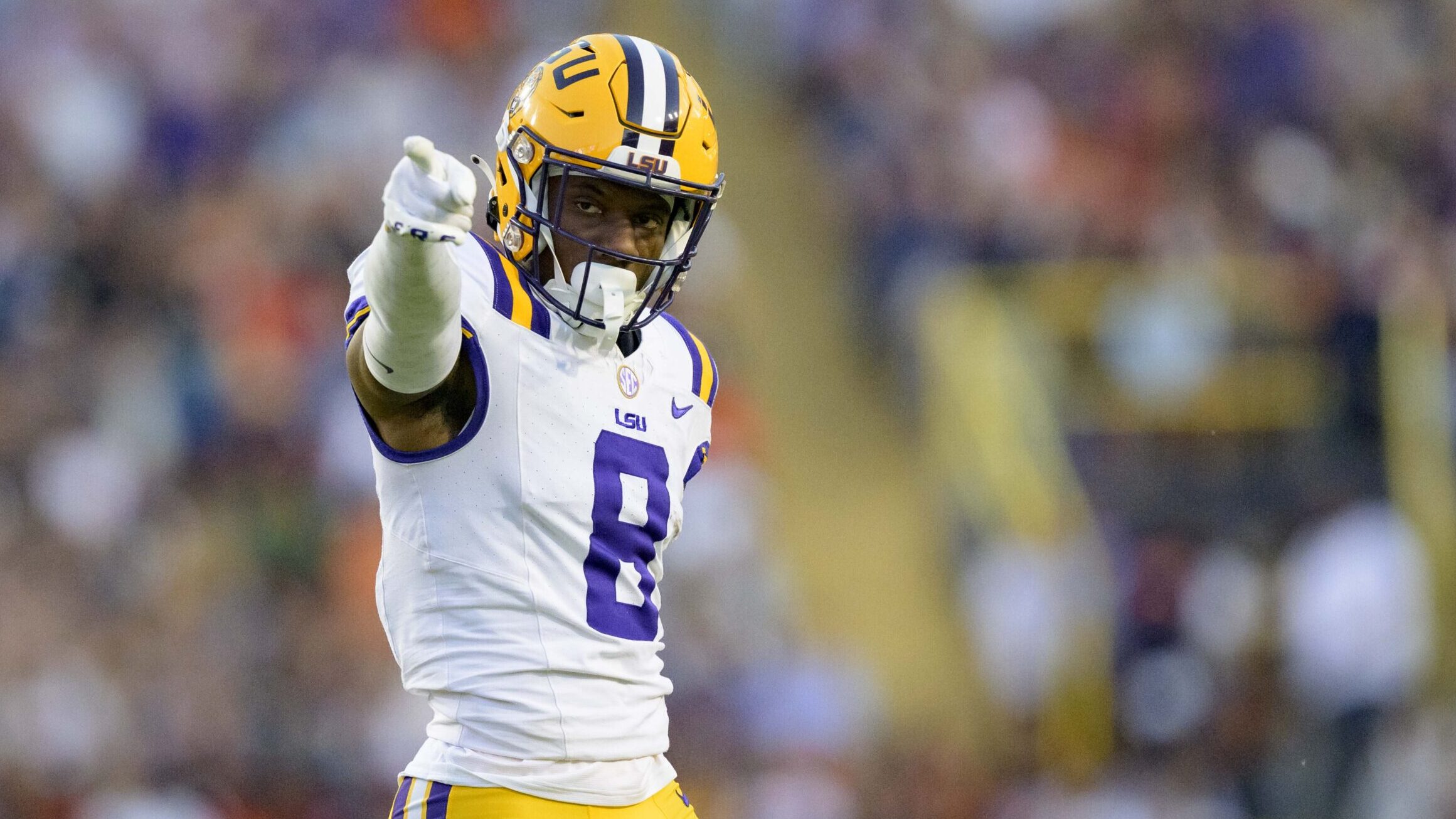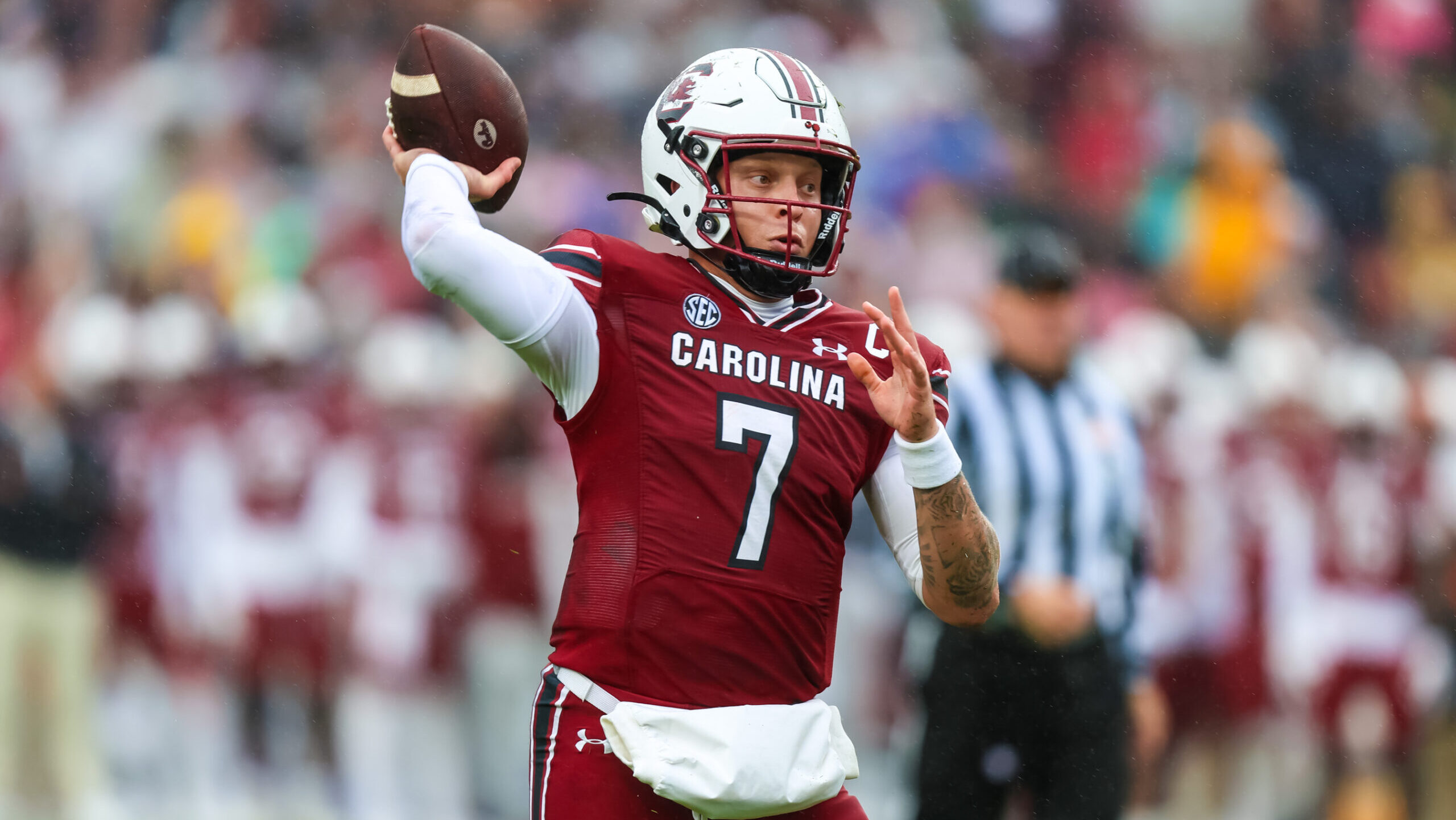Analysis
10/13/22
9 min read
The Complicated Relationship Between Andy Reid, Sean McDermott
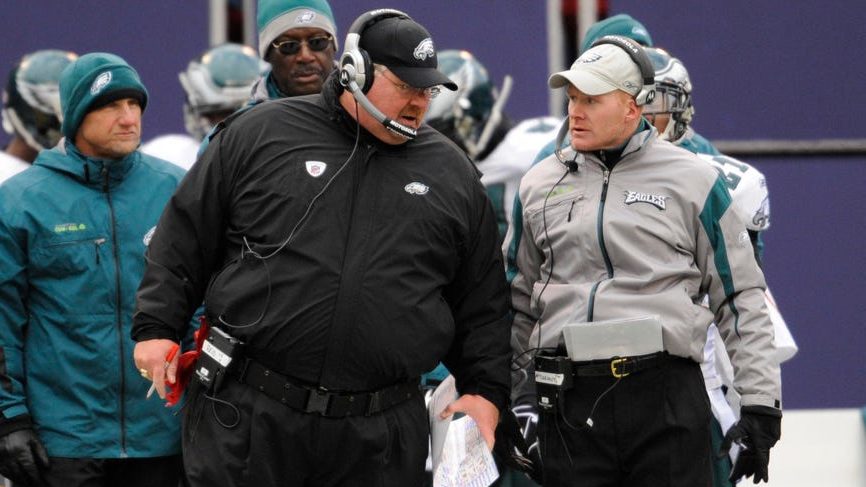
There are no hard feelings. There never really were.
When they see each other again Sunday before their teams play one of the biggest games of this young NFL season, Sean McDermott and Andy Reid will shake hands and embrace and ask about each other’s families and wish each other well. And both of them will mean it. They’ll really, really mean it.
Reid is the fifth-winningest head coach in NFL history and a shoo-in for the Hall of Fame. His two teams – the Chiefs, and before that, the Philadelphia Eagles – have made the playoffs 17 times in 23 years. They have made three Super Bowl appearances (one win) and have been to the conference championship game nine times.
McDermott, 48, is in his sixth year as the Bills’ head coach. He’s taken them to the playoffs four times in the previous five seasons and has them off to a 4-1 start this season.
Eleven years ago, McDermott worked for Reid. He was his defensive coordinator in Philadelphia for two years.
And then he wasn’t.
Reid fired him after the 2010 season. We’ll get into what happened in a little bit. But safe to say, the decision floored the then 36-year-old McDermott at the time.
He was a hometown boy. A product of LaSalle College High School. He had been with the Eagles since 1999 when he was hired as an entry-level scouting administrator two years out of William & Mary, where he had been an all-conference safety.
He eventually ended up on the coaching side. First he served as an administrative assistant to the head coach, then became a defensive assistant, then assistant defensive backs coach, then secondary coach, and then linebackers coach.
In July of 2009, he got his big break at the expense of legendary defensive coordinator Jim Johnson, who was dying of cancer. Reid named the then 35-year-old McDermott as Johnson’s replacement. A year and a half later, he fired him.
“Anybody who’s been fired, it’s impossible not to have a lot of emotions over it,’’ said Joe Banner, who was the Eagles’ president at the time. “Sean is a very prideful guy with a lot of confidence. It’d be crazy to think he didn’t believe in himself at the time and didn’t think Andy and the organization was making a mistake.
“But they both came from a place of mutual respect. Andy was invested in Sean’s future even though he was making the change. He truly believed he was going to have a great career even as he was letting him go.’’
Reid believed it enough to find a landing spot for McDermott before he even officially cut him loose. He called former Eagles assistant Ron Rivera, who was then the Carolina Panthers’ head coach, and recommended him for the Panthers’ vacant defensive coordinator’s job.
“Andy felt if Sean was in a different situation he would do great,’’ Banner said.
Reid was right. McDermott did a terrific job as Rivera’s defensive lieutenant for six years, and parlayed that success into the Bills’ head coaching job.
In 2015, the Panthers won 15 games and made it to the Super Bowl. McDermott’s defense led the league in takeaways and finished sixth in sacks, points allowed and yards allowed.
Everybody lived happily ever after. Well, not quite.
McDermott’s Bills have lost to Reid’s Chiefs in the playoffs the last two years, including last January’s gut-wrenching 42-36 overtime loss in the divisional round. The year before, they lost to the Chiefs in the AFC Championship Game. A third straight postseason Chiefs-Bills playoff showdown looks like a very good possibility right now.
When Reid informed McDermott that he was letting him go 11 years ago, he told him it was the best thing for him. McDermott didn’t agree with him at the time. But he eventually conceded that Reid probably was right.
“There are moments that you go through in life that you say, ‘Hey, I came out better because of it,’’’ McDermott said in 2020. “And Andy knew that. He did that because he knew it was the best thing for me. He knew the situation in Philadelphia and I respect him for it.’’
“Our relationship and the way it’s developed, I would say, is even stronger now than it was years ago,’’ he told the Buffalo News two years ago. “Andy always had my best interests in mind. I don’t think it was one of the things that he wanted to do, but he knew he had to. At the end of the day, I think God had a plan for my career.’’
So, why did Reid feel McDermott would be better off somewhere else and fire him back in 2011?
Mostly, it was the huge shoes he was filling. Jim Johnson was one of the best defensive coaches in league history. But he developed cancer late in the 2010 season and died that next summer, days after McDermott was named his replacement.
On top of trying to replace a legend, McDermott had to do it in his hometown, which comes with its own kind of pressure and distractions.
“There’s great things about being the local guy,’’ said Marty Mornhinweg, who was the Eagles’ offensive coordinator and assistant head coach from 2006-2012.
“But there also are some really negative things about being the local guy. I was the offensive coordinator in San Francisco and also was from that area. So I know all about the pulls.
“If you can’t separate all the people pulling at you and all of those negative things that come with being the local guy, it can bite you. There became a point where Andy just decided it wasn’t going to work. And part of that was because Sean was the local guy.
“Sean was, at the time, fairly young. He was really smart. He worked hard. He had a good feel for the game. I just looked at it as, well, it didn’t work out here for him, but it’s going to work out somewhere else in the future. And he made it work. Some guys aren’t quite tough enough to make it work [after getting fired]. He certainly made it work.’’
McDermott didn’t do a bad job in his two seasons as Johnson’s replacement. His defense led the league in takeaways in 2009-10 and finished 12th in total defense both years. But it slipped from fourth in points allowed in Johnson’s final season to 19th in 2009 and 21st in 2010.
While McDermott loved and respected Johnson, he made some tweaks to the old man’s defense. Tried to put his own imprint on it, which didn’t go over well with a lot of people in the organization, including, at times, Reid.
“There was an assumption that Sean would play the game the way that Jim did,’’ Banner said. “And he didn’t.
“The feeling in the building was the defense was doing just OK. It wasn’t doing bad. It wasn’t doing great. It was doing just OK.
“We were trying to be great. We wanted to win Super Bowls, not just make the playoffs. And it seemed like the defense needed to be better.
“In hindsight, we probably didn’t give Sean enough opportunity or support for him wanting to do it his way vs. kind of the way we had expected.’’
The Eagles went 10-6 in 2010 and won their sixth NFC East title under Reid. But they lost in the Wild Card round to Aaron Rodgers and the Packers.
The Eagles had given up a franchise-record 31 touchdown passes during the regular season that year, and gave up three more to Rodgers in Green Bay’s 21-16 win. Camel, meet straw.
In his season-ending press conference, Reid told reporters that he had no plans to replace McDermott, which wasn’t true. He already had made the decision to fire him. He just didn’t want to announce it until after he got Rivera to hire him.
“In hindsight,’’ said Banner, “we obviously made a mistake. And I’m not sure why. Because I remember at the time that Andy was very confident in Sean.
“He would say, ‘Listen, Sean’s going to be a great coordinator.’ But he ultimately wasn’t sure whether this was the right time or the right place to see him flourish. I’m not passing the buck, because I remember I agreed with the assessment.’’
While Jim Johnson’s legend cast a big shadow, Banner said that actually might’ve been a bigger problem for the organization than it was for McDermott.
“Viewing it through a prism of just how good Jim was in every sense probably was unfair,’’ he said. “We probably should’ve just stepped back and evaluated Sean on his own merits.
“We probably should’ve had more patience with the situation and been more focused on what Sean was getting right vs. what he wasn’t getting done quite as well as we had hoped.
“I own a piece of it because I don’t recall objecting to what, in hindsight, ended up being a mistake.’’
McDermott said the opportunity to work alongside Johnson helped make him the coach he is today.
“As a young coach, you don’t realize how fortunate you are to be around a guy, a mind, like Jim’s,’’ McDermott said. “Not everybody gets to be around a guy like that.
“I kind of cut my teeth in the Harvard of defensive football working with him. Attacking quarterbacks. Developing game plans. Just being aggressive and attack-minded.
“And then adjusting during games. That’s a critical part of being a great coach. Adjusting and putting your players in position to be successful.’’


